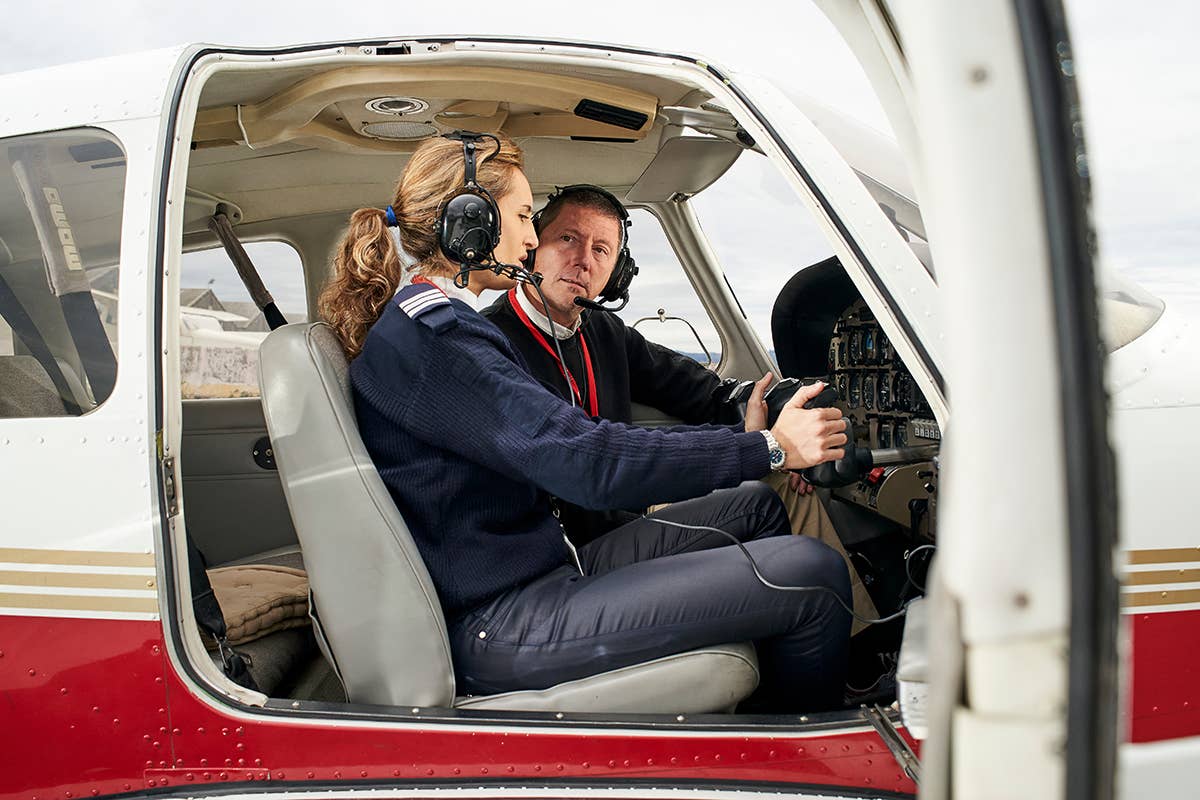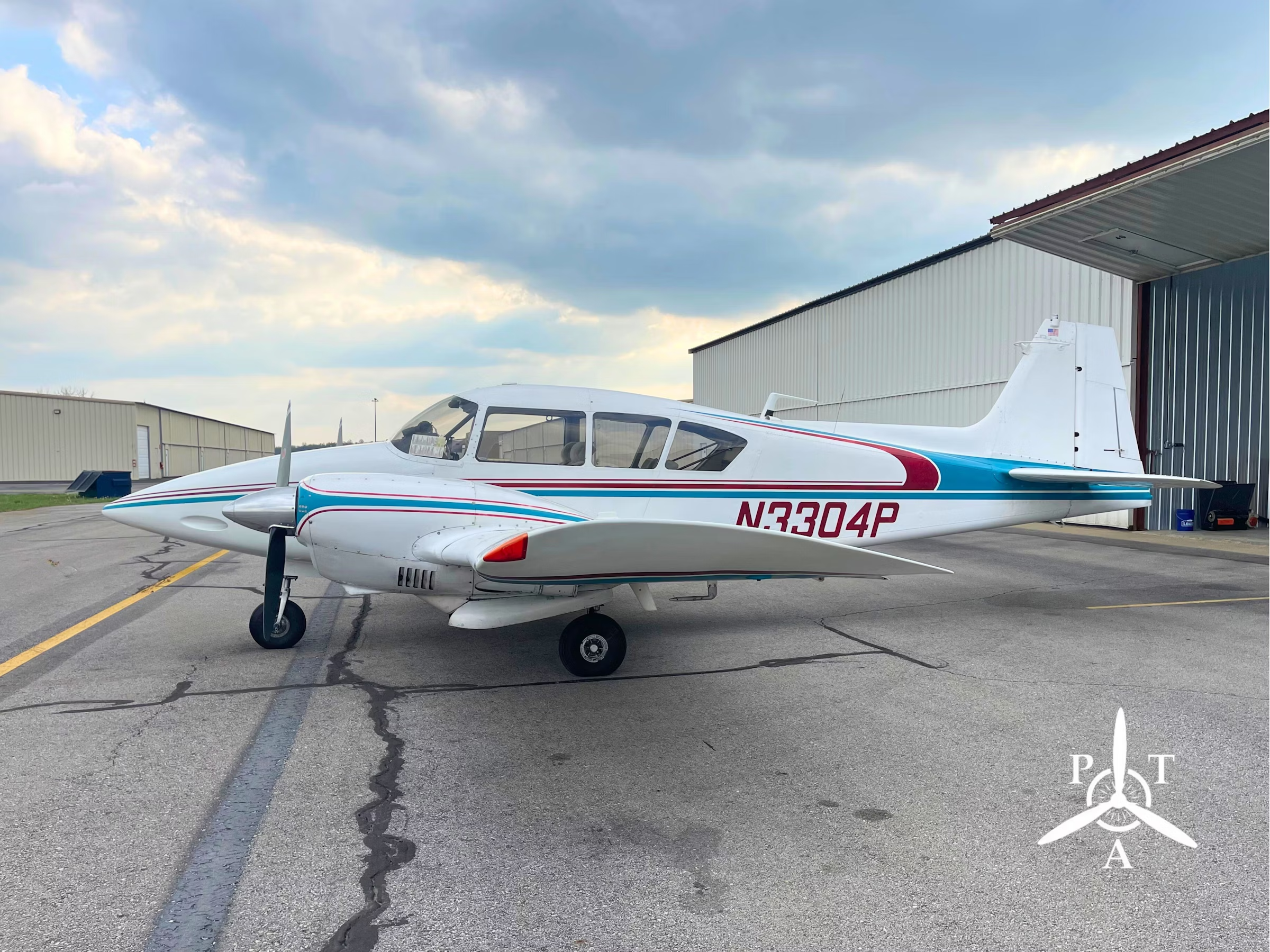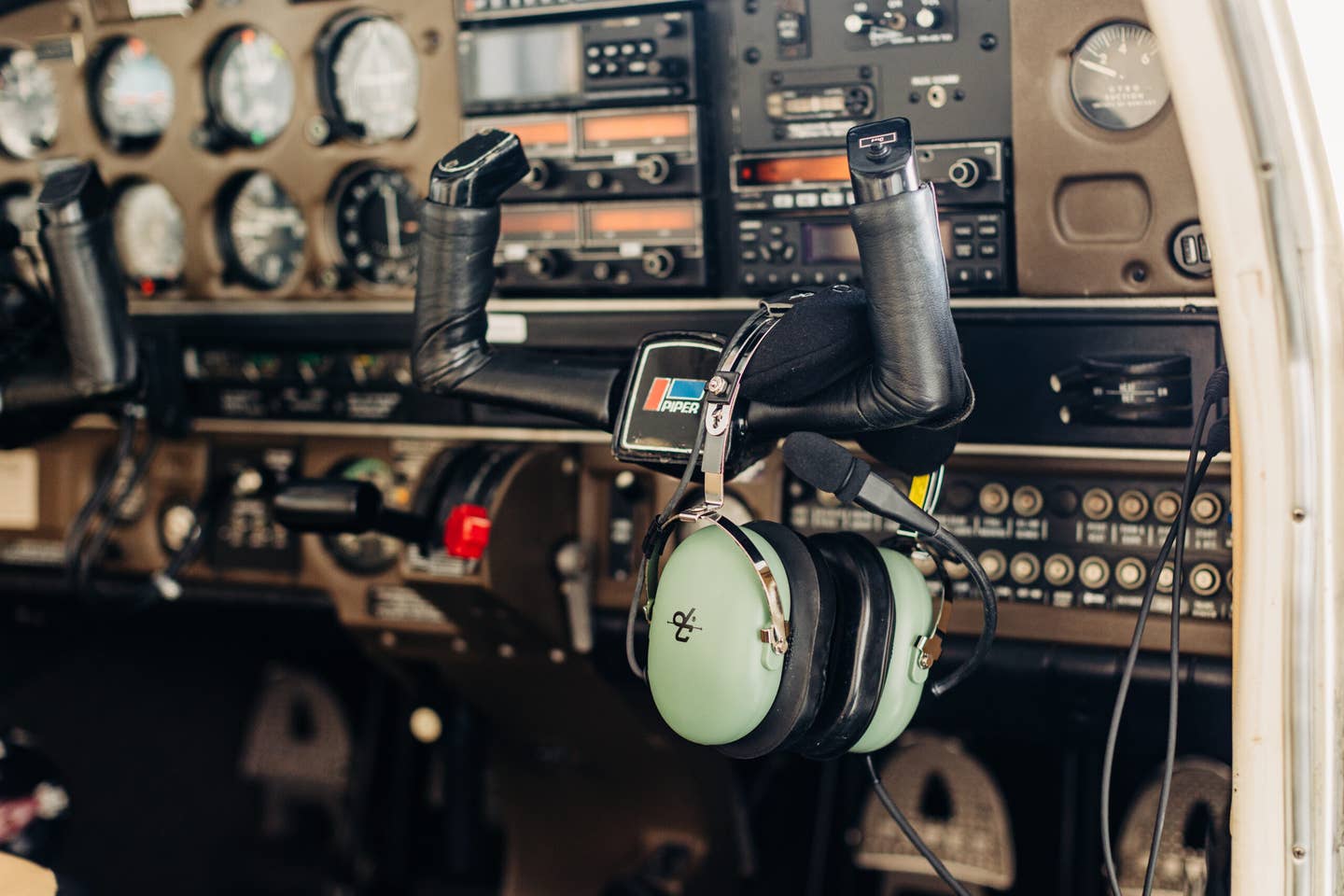Flight Instructors Weigh In on FAA’s Proposed Changes to Certificates
Many who have commented on the NPRM are in favor of removing the expiration date on flight instructor certificates, calling the need to renew “burdensome.”

FAA’s proposed changes would remove expiration dates on flight instructor certificates and alter experience requirements for instructors who can administer training to initial CFI applicants.[File Photo: Adobe Stock]
Comments are starting to pour in on the FAA's notice of proposed rulemaking (NPRM) that would make several changes to the regulations regarding flight instructor certificates.
Among the most noteworthy changes is the removal of an expiration date and altering the experience requirements for instructors who can administer training to initial CFI applicants.
Currently, CFI certificates are good for 24 calendar months. The proposal would eliminate that expiration date on flight instructor certificates and instead establish recent experience requirements with a three-month grace period.
Under the new proposal, CFIs may demonstrate recent experience through current renewal requirements outlined in FAR 61.197, including passing a practical test; endorsing at least five students for a practical test with at least 80 percent passing on the first attempt; serving as a company check pilot, chief flight instructor, company check pilot, or flight instructor in a Part 121 or Part 135 operation; completing an approved FIRC; or passing an official U.S. Armed Forces military instructor pilot or pilot examiner proficiency check. A sixth method to renew CFI certificates will include teaching under the FAA-sponsored Wings program.
Many who have commented on the NPRM are in favor of removing the expiration date, calling the need to renew "burdensome," and that when the options are to retire from instructing due to the lapsed certificate or take another checkride with the FAA, they opt with the former.
But not everyone supports the expiration date removal.
"The proposal to remove the expiration dates on flight instructor certificates is a disappointment," King Schools said in comments. "The loss of the remainder of the expiration on the certificate adds the risk that the expiration date might be missed. It is hard to imagine that this is a benefit. The possible benefit of paperwork reduction is missed due to the requirement that applicants must submit 8710 forms to support their experience at the time of renewal."
Under FAR 61.197, each CFI needs to complete a flight instructor refresher course (FIRC) every 24 calendar months in addition to the completion of a flight review every two years in order to maintain instructor privileges. Per FAR 61.56 for active CFIs, the ground portion of the flight review is waived, and the CFI need only complete the one hour of flight.
If the CFI allows their certificate to lapse, the only option for reinstatement is to pass a practical test. Several of the respondents to the NPRM remarked that removing the expiration date and allowing recency of experience to facilitate renewal would help address the CFI shortage and, in turn, the pilot shortage.
Instructor Groups Weigh In
Both the Society of Aviation and Flight Educators (SAFE) and the National Association of Flight Instructors (NAFI) said they are reviewing the proposal.
Karen Kalishek, chairman of NAFI, said the group has been discussing the NPRM and expects to have an official response next week.
Meanwhile, SAFE executive director David St. George said the proposal is a mixed bag for the instructor community, noting the group supports the removal of the expiration date from the CFI certificate but has concerns over the proposal to reduce the requirements for CFIs to educate new CFIs.
At present, under FAR 61.195 (h), the qualifications of the flight instructor—for training first-time flight instructor applicants—state that for ground training the authorized instructor must hold a ground or flight instructor certificate with the appropriate rating and have held that certificate for at least 24 calendar months and given at least 40 hours of ground training; or they have held a ground or flight instructor certificate with the appropriate rating and given at least 100 hours of ground training in an FAA-approved course.
For flight training, the instructor who provides flight training to an initial instructor applicant must have held a flight instructor certificate for at least 24 months, and for training in preparation for an airplane, rotorcraft, or power-lift rating, they must have given at least 200 hours of flight training as a flight instructor.
Per the proposal, rather than requiring CFIs to have 24 months of experience, the fresh instructors could start teaching new CFIs after recommending at least five applicants for a certificate or rating with an 80 percent first-time pass rate. Alternatively, those with 200 hours dual given who graduate from an FAA-approved flight instructor enhanced qualification training program (FIEQTP) would be allowed to skip the two-year requirement. The FIEQTP has been around since the 1990s.
According to St. George, the problems stemming from low-time instructors who lack experience to teach the initial CFI certificate will likely manifest downstream as the low-time, low-experience instructors repeat the "check-the-box" type of instruction they were trained with. While this would expose the pilot applicant to the tasks and skills, it does not give them the opportunity to develop proficiency or a level of learning beyond rote memory.
"SAFE campaigns for increased instructor preparation and professionalism, not lowered preparation and professionalism! This is a very bad idea," St. George said in the latest edition of the SAFE online newsletter.
As most pilots become CFIs to build their hours for non-instructional jobs, their focus is often on building their own hours rather than developing teaching skills. When they achieve the required 1,500 hours for the airline transport pilot (ATP) certificate—or if they qualify for the restricted ATP with as low as 750, 1,000, or 1,250 hours—they move on. For instructors at a busy flight school, achieving these hours can happen in a year or less.
St. George adds the organization is cognizant of the number of low-time CFIs in the pilot pipeline who have not had the time to develop into solid teachers. "The pilots they train get the minimums to pass the FAA test, but they may not be capable (of getting) the job done," he said.
The NPRM is open for public comment until June 22.

Sign-up for newsletters & special offers!
Get the latest FLYING stories & special offers delivered directly to your inbox






